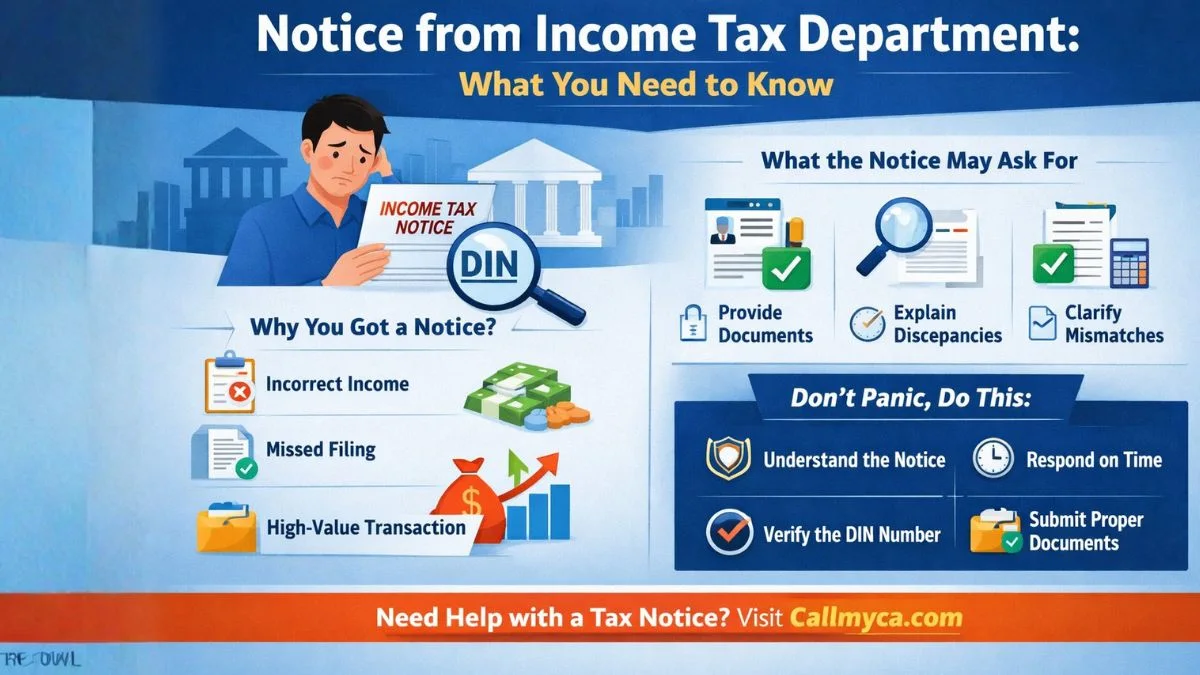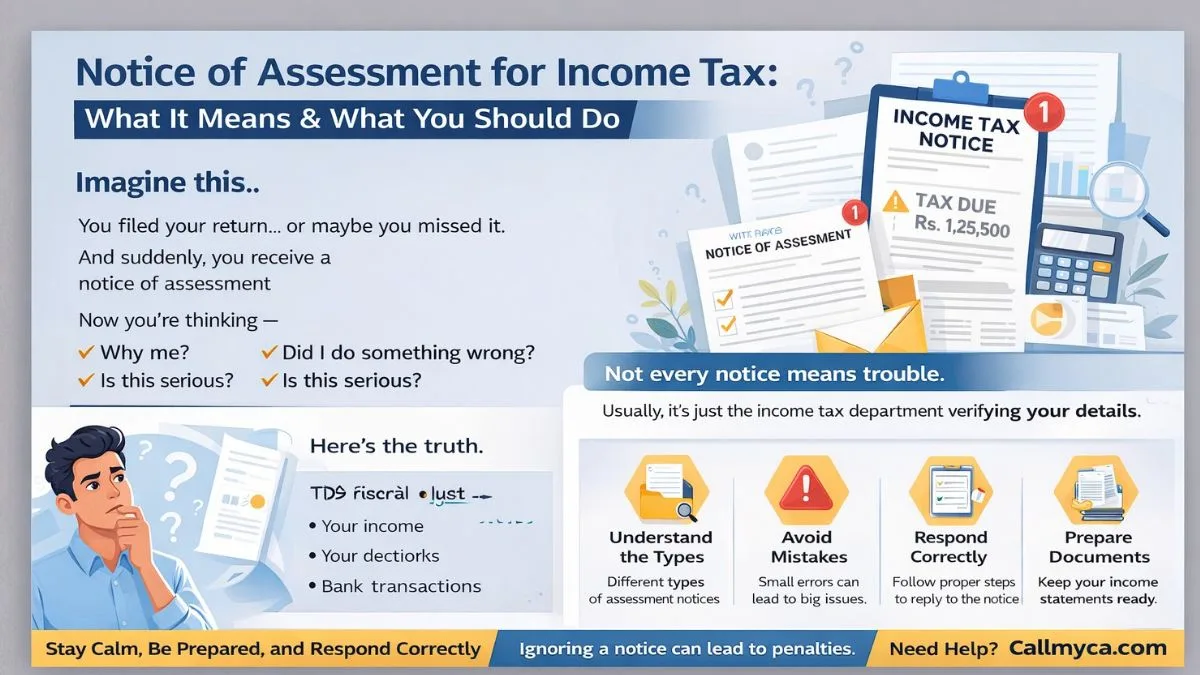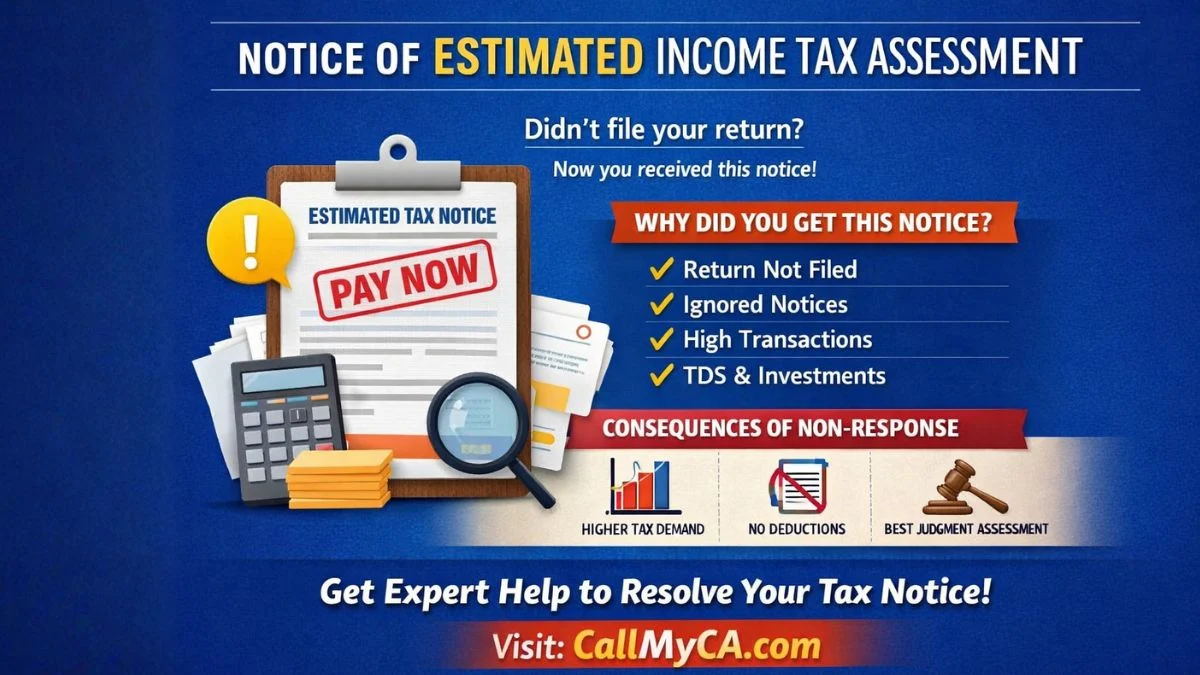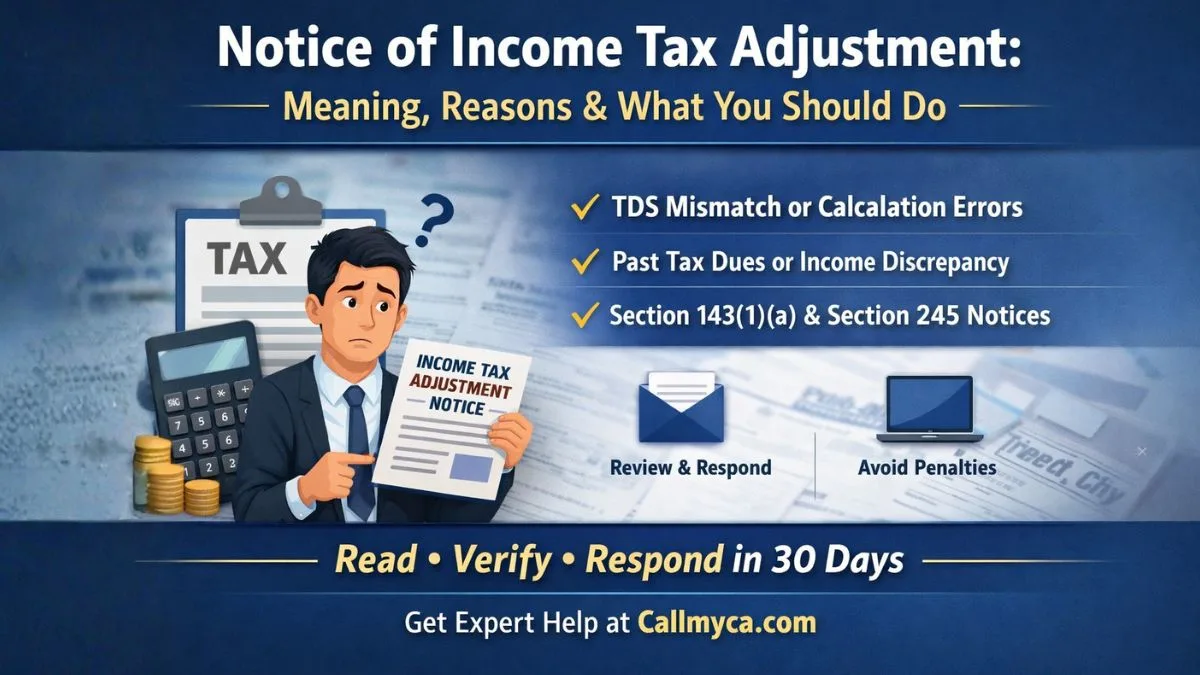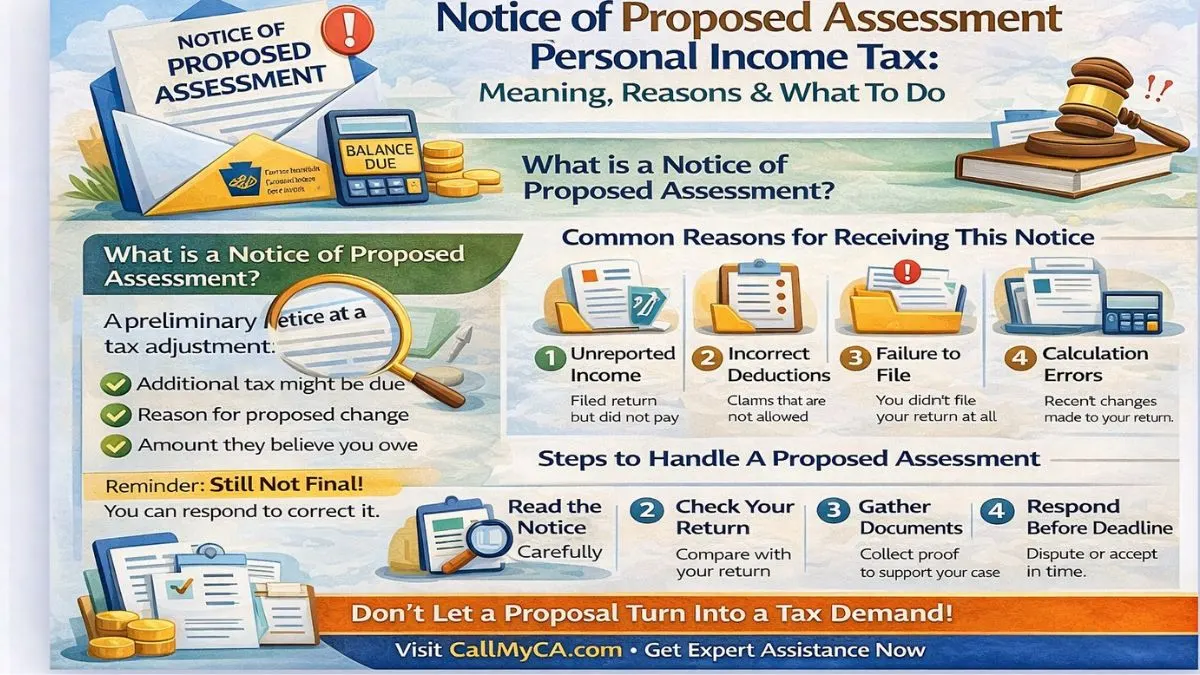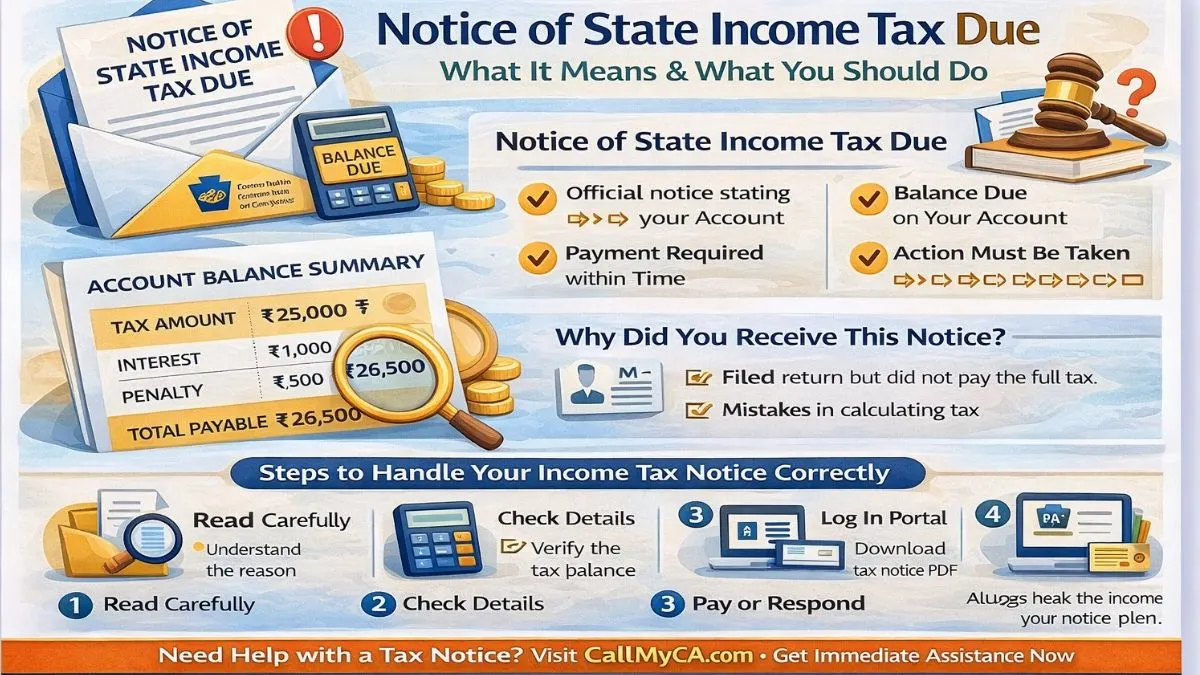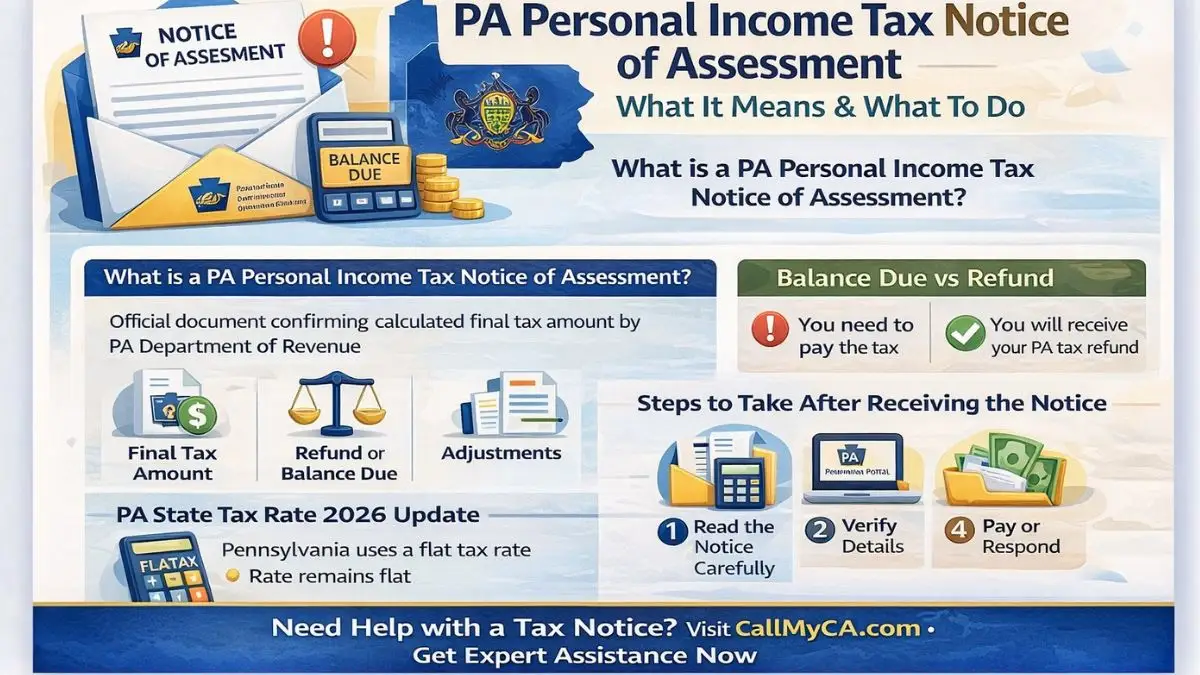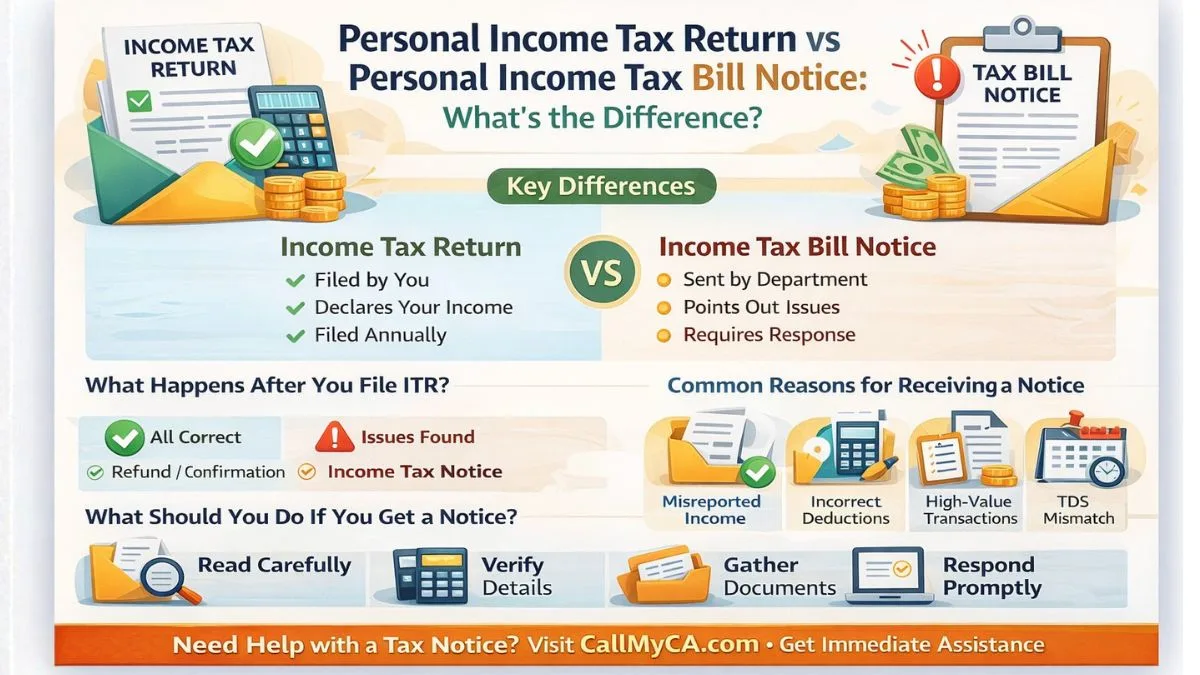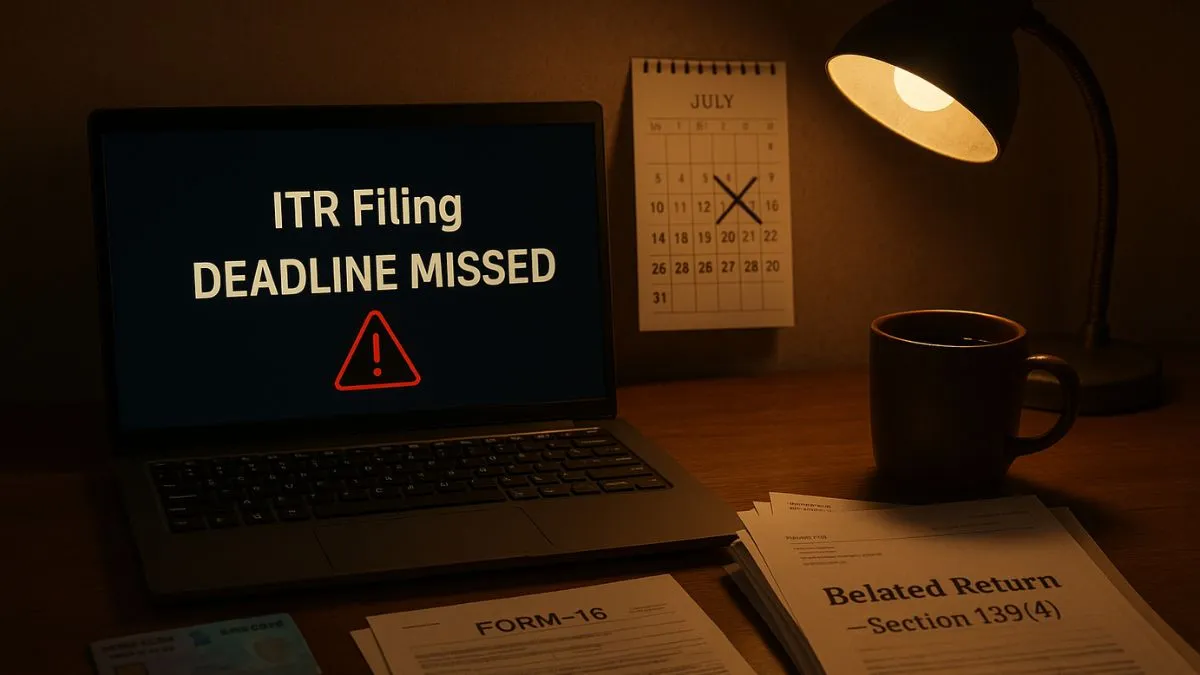
If you’ve ever missed the income tax filing deadline, you already know the sinking feeling that follows. The date slips by, and suddenly you’re wondering whether you’re about to be fined or flagged by the Income Tax Department. Fortunately, the law understands that delays happen — and that’s exactly why Section 139(4) exists.
A belated income tax return (ITR) is simply your second chance. It’s the return you file after the original due date under Section 139(1). Maybe you forgot. Maybe your documents weren’t ready. Or maybe life just got busy. Whatever the reason, this provision allows you to file late without shutting the door on compliance. As long as you submit the return before 31 December 2025, it’s still valid. That’s what makes Section 139(4) such a lifesaver for lakhs of taxpayers every year.
What Exactly Is a Belated Return?
A belated return is not some complicated tax term. It’s just a regular ITR filed late — but within the extended time the law provides. You log into the income tax portal, fill your details like you normally would, & file the return. The system processes it just like any other ITR. The only difference is that it comes with a few conditions you must keep in mind.
You may have to pay a late filing fee under Section 234F, depending on your income. You may also be liable for interest if you had unpaid taxes. On top of that, you lose the right to carry forward certain losses. That’s the trade-off for filing late. But on the bright side, you still get to stay compliant, avoid legal issues, and claim your refund (if eligible).
“Can I File ITR for the Last 3 Years?” – The Truth Most People Don’t Know"
This is one of the most common questions people ask us at Callmyca.com. The short answer is no, you cannot file ITRs for the last 3 years using the belated return section. Section 139(4) only applies to the immediately previous financial year.
However, in special situations — usually involving refunds or genuine hardship — the Income Tax Department may allow older returns through Condonation of Delay under Section 119(2)(b). But this is not automatic. You must apply, justify your delay, & wait for approval. For most taxpayers, filing a belated return before 31 December 2025 is the only available route.
Belated Return Due Date and Penalty — What You MUST Know
If you’re filing late, the crucial date to remember is:
31 December 2025.
This is the last day to file a belated ITR for that assessment year. Miss this deadline & you lose your chance entirely unless the department gives special permission.
As for penalties, the late filing fee can go up to ₹5,000 depending on your income bracket. Interest on unpaid taxes may also apply. If you’re expecting a refund, filing late could delay it. And if you miss the extended deadline too, you may lose the refund altogether.
Also Read: The Tax Rule That Decides Rates for Partnership Firms & AOPs
Other Sections You Should Know While Filing a Belated Return
When you sit down to file a belated return, you might encounter other sections of the Income Tax Act — especially if you’re trying to reduce your tax liability or claim deductions. A few important ones include:
- Sukanya Samriddhi Yojana Income Tax Section
If you contribute to SSY for your daughter, you can claim deduction under Section 80C, along with tax-free interest & maturity.
- Section 86 of the Income Tax Act
If you receive income from an AOP/BOI, the tax treatment in your hands depends on how the association is taxed.
- Section 10(46A)
This section provides tax exemptions for certain authorities or institutions notified by the government.
- Section 15H
Senior citizens can file Form 15H to stop tax deductions on their income, provided it falls below the taxable limit.
- Person Definition in Income Tax Section
It’s important to know who can file a belated return. The Act defines a “person” as an individual, HUF, company, partnership, LLP, trust, or AOP. Anyone falling under this definition can file a belated ITR before the deadline.
Scientific Research Deductions: Don’t Miss Out Even in a Belated Return
If you or your business invests in innovation, research labs, or developmental work, the Income Tax Act provides generous deductions. These include:
- deduction of expenses relating to scientific research
- deduction of expenses incurred on scientific research & development activities"
- deduction for expenditure of a capital nature on scientific research
- provision that allows taxpayers to claim deductions for expenses incurred in scientific research and development
Even when filing a belated return, many of these deductions can still be claimed, lowering your tax burden significantly.
Also Read: The Rule That Redefines How You Calculate the True Cost of an Asset
A Simple Example to Understand How Section 139(4) Works
Let’s assume you’re a salaried individual named Aarav. The original due date for filing your ITR is over, & you suddenly realize you forgot to file. You still want to claim HRA, 80C deductions, and your TDS refund.
Instead of panicking, you simply log into the portal, prepare your ITR, pay any late fee, and file the return under Section 139(4).
That’s it.
Your belated return is accepted, processed, and you stay compliant with the law.
This is exactly how most taxpayers use the belated return option — quickly, simply, & without drama.
Final Thoughts
Section 139(4) exists for a reason — to help taxpayers who genuinely miss deadlines. A belated return may come with a few extra fees & limitations, but it keeps you legally safe, prevents notice-related stress, and ensures your financial records are clean. If you missed the due date, don’t delay further. File your belated return before 31 December 2025 and stay hassle-free.
Need fast, reliable help to file your belated ITR without stress? Visit Callmyca.com — your trusted partner for expert tax filing, compliance, and personalized CA guidance!

